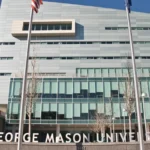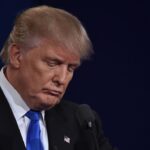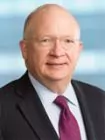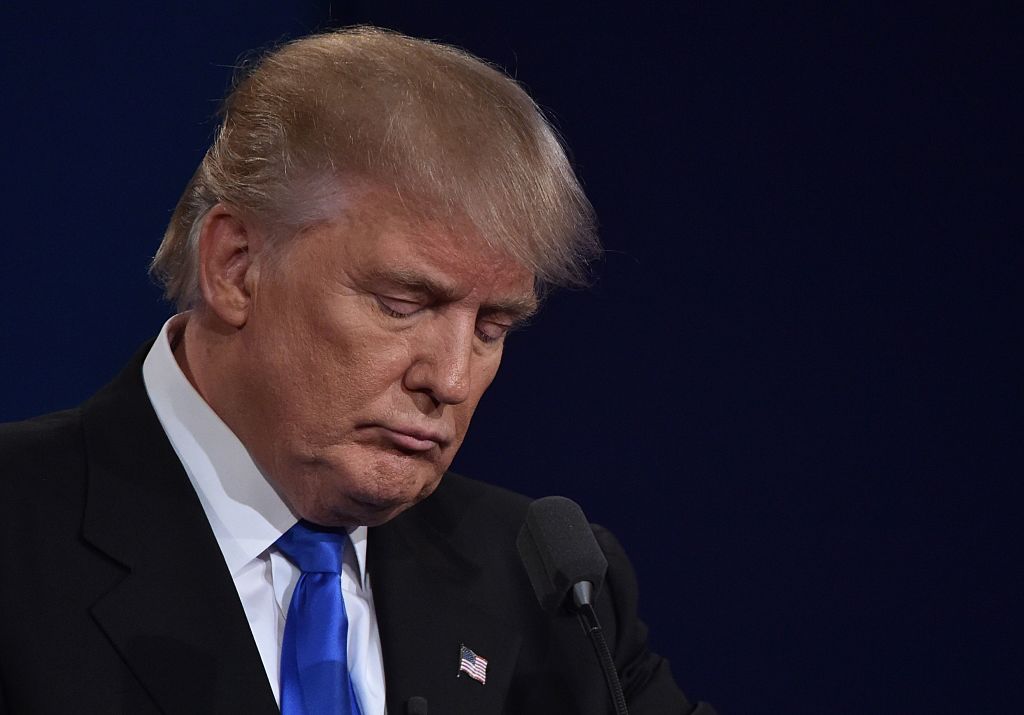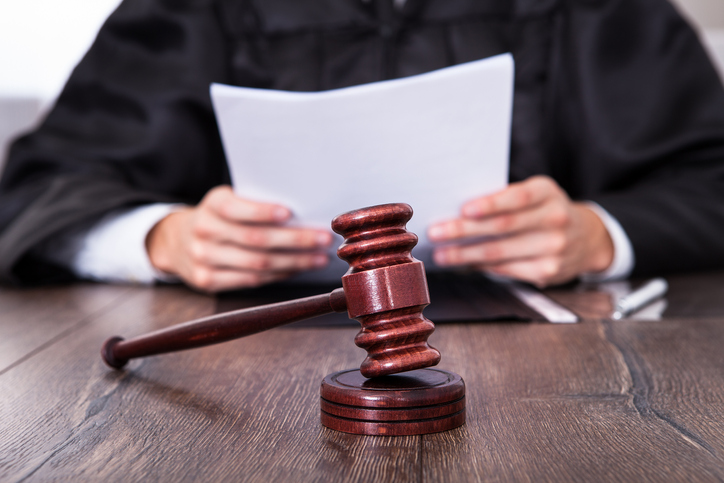To print this article, all you need is to be registered or login on Mondaq.com.
The United States Supreme Court in Macquarie
Infrastructure Corp. v. Moab Partners, L.P., No. 22-1165, ruled
that a corporation is not liable under Section 10(b) of the
Securities Exchange Act of 1934 and Rule 10b-5 for failing to
disclose required information about its future business risks,
absent a particular statement rendered misleading by an alleged
omission.
On April 12, 2024, the Supreme Court unanimously ruled that
nondisclosure of information required by Item 303 of SEC Regulation
S-K (“Item 303,” also known as Management’s
Discussion and Analysis in a 10-K or 10-Q) cannot, in the absence
of an otherwise misleading statement, support liability under Rule
10b-5(b).
Item 303 requires companies to disclose in SEC filings
“known trends or uncertainties” that could have a
material impact on net sales, revenues, or income. Shareholder Moab
Partners LP (“Moab”) sued Macquarie Infrastructure
Corporation (“Macquarie”) under Rule 10b-5(b), alleging
that Macquarie’s failure to disclose the likely effects of an
impending change in regulations—a “known trend or
uncertainty”—violated Item 303 and amounted to
securities fraud. The district court dismissed the suit but the
Second Circuit reversed, concluding that, consistent with its
precedent, Macquarie’s alleged Item 303 omission alone was
sufficient to support a claim.
Resolving a split between the Second Circuit and the Third,
Ninth, and Eleventh Circuits, the Supreme Court vacated the Second
Circuit’s ruling. The Court concluded that the plain text of
Rule 10b-5(b) does not proscribe claims of pure omissions, so an
Item 303 violation alone could not support a securities fraud
claim. The Court distinguished pure omissions from
“half-truths”—”representations that state the
truth only so far as it goes, while omitting critical qualifying
information”—which are actionable under Rule
10b‑5(b) in light of the Rule’s reference to
“statements made.” The Court further drew on statutory
context, as Section 11(a) of the Securities Act of 1933 explicitly
creates liability for pure omissions.
The Court rejected Moab’s argument that, without private
liability for pure omissions under Rule 10b-5(b), there will be
“broad immunity” for an issuer that “fraudulently
omits information Congress and the SEC require it to
disclose.” Rather, the Court clarified that private litigants
can still bring securities fraud claims based on Item 303 when an
affirmative statement is rendered misleading and that the SEC can
still pursue Item 303 violations. The Court’s decision,
however, leaves open what constitutes a “statement made”
when a statement is misleading as a half-truth.
The content of this article is intended to provide a general
guide to the subject matter. Specialist advice should be sought
about your specific circumstances.
POPULAR ARTICLES ON: Corporate/Commercial Law from United States
#U.S #Supreme #Court #Bars #Liability #Pure #Omissions #Section #10b #Securities #Exchange #Act #Securities
